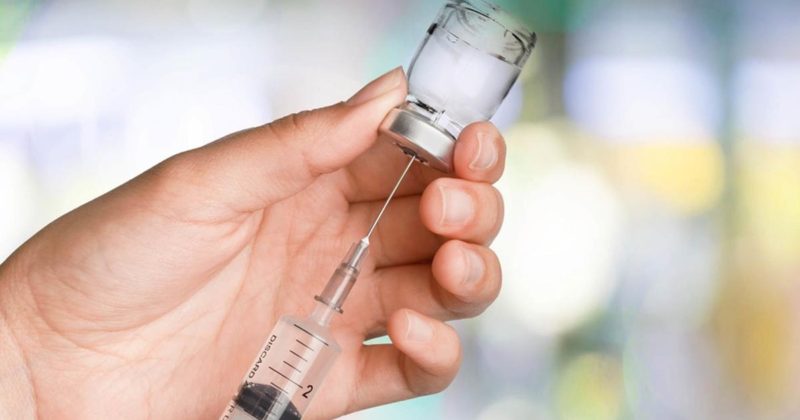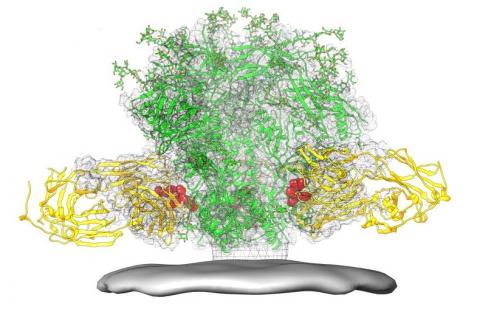
HIV Patients Sue Government Over Lack of Septrin
Co-trimoxazole preventive therapy is a feasible intervention for people living with HIV. It works to reduce HIV-related morbidity and mortality through an off-patent drug, which is widely available in resource-limited settings. The World Health Organization (WHO) conditionally recommends the use of co-trimoxazole as treatment for opportunistic infections in people living with HIV/AIDS. In Uganda, previous reports by the State Minister for Health stated that there was a funding shortage for the drug. The Global Fund, with headquarters in Geneva, Switzerland has since stepped in to provide all funds for the drugs available from July 2018 onwards. This is good news, as daily intake of co-trimoxazole relieves symptoms and prolongs life for people living with HIV/AIDS. However, a human rights organization and two people living with HIV have sued the Ugandan Government and the National Medical Stores (NMS) for alleged failure to supply public health centers with septrin as one of the essential drugs for treatment of AIDS for the months of March...




